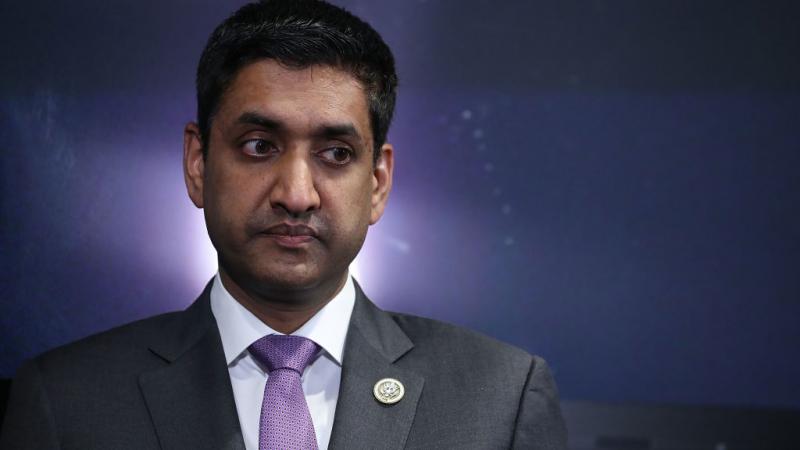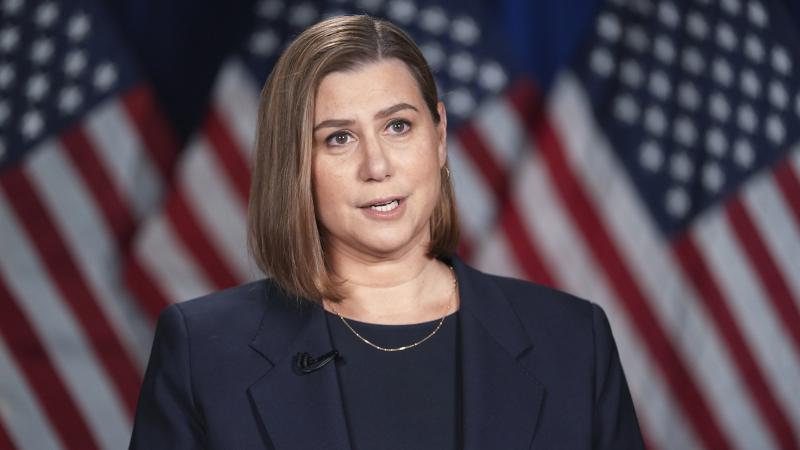City of Berkeley to repeal first U.S. natural gas ban after legal defeats
The City of Berkeley reached a settlement in the case relating
Berkeley, which introduced the nation’s first natural gas ban, is now agreeing to repeal the law after legal defeat at the hands of the California Restaurant Association.
The CRA and the City of Berkeley reached a settlement in the case relating to the city’s 2019 ordinance banning the installation of new gas lines in buildings with Berkeley agreeing to halt enforcement of the ban and the City Council taking steps to repeal the ordinance.
“Climate change must be addressed, but piecemeal policies at the local level like bans on natural gas piping in new buildings or all-electric ordinances, which are preempted by federal energy laws, are not the answer,” said CRA president and CEO Jot Condie in a statement. “The ban was passed with a disregard for available cooking technologies and ultimately for small businesses in the community that rely on gas-burning equipment for their cuisines.”
After an earlier federal district court dismissed CRA’s case, CRA appealed to the 9th Circuit Court, which unanimously ruled Berkeley’s ban violates the federal Energy Policy and Conservation Act, which allows users to use “covered products in their homes, kitchens, and businesses. Berkeley appealed that ruling, which the 9th Circuit voted not to rehear.
Following Berkeley’s ban, over 70 cities across California, including Los Angeles and San Francisco adopted similar ordinances. With Berkley and CRA’s settlement to put the case on pause as the city stops enforcement and takes steps to repeal the ordinance in the coming months, it’s likely the state’s other cities will have to take a similar course of action.
Berkeley’s ordinance was designed to skirt around the EPCA, which regulates energy efficiency of appliances and has a clause preempting state and local ordinances on natural gas appliances, by stopping new buildings from having new gas pipes installed, rather than banning the targeted appliances.
Berkeley argued that “a regulation that imposes a total ban on natural gas is not exempt from EPCA just because it lowers the “quantity of energy” consumed to “zero,” but the 9th Circuit judges said reducing energy consumption to “zero” is not an efficiency regulation, but a ban.
“The Energy Policy and Conservation Act expressly preempts State and local regulations concerning the energy use of many natural gas appliances, including those used in household and restaurant kitchens,” wrote the 9th Circuit judges in their ruling. “Instead of directly banning those appliances in new buildings, Berkeley took a more circuitous route to the same result. It enacted a building code that prohibits natural gas piping into those buildings, rendering the gas appliances useless.”
Berkeley and other California cities argue similarly to the California Air Resources Board that gas stoves are bad for health and the environment.
“Natural gas stoves can release carbon monoxide, formaldehyde and other harmful pollutants into the air, which can be toxic to people and pets,” wrote CARB.
In their ruling, the 9th Circuit judges left a potential path for Berekely and other cities to take, should they wish, to create a different kind of natural gas ban by stopping the construction of new utility-level, not building-level, infrastructure for natural gas.
“We only hold that EPCA prevents Berkeley from banning new-building owners from “extending” fuel gas piping within their buildings “from the point of delivery at the gas meter” … Our holding doesn’t touch on whether the City has any obligation to maintain or expand the availability of a utility’s delivery of gas to meters.”
In 2022, CARB voted to ban new gas furnaces and water heaters by 2030. With CRA v. Berkeley’s precedent, it’s possible this ban, and others across the country — such an ongoing lawsuit against New York’s ban — could similarly be overturned for circumventing the EPCA.















